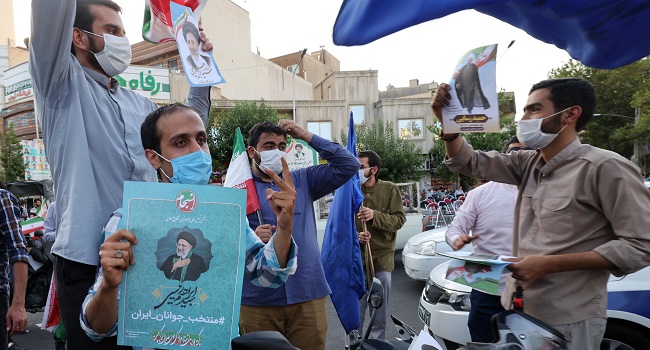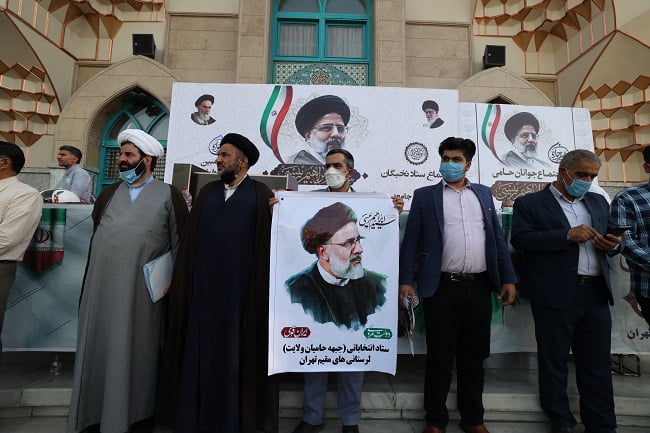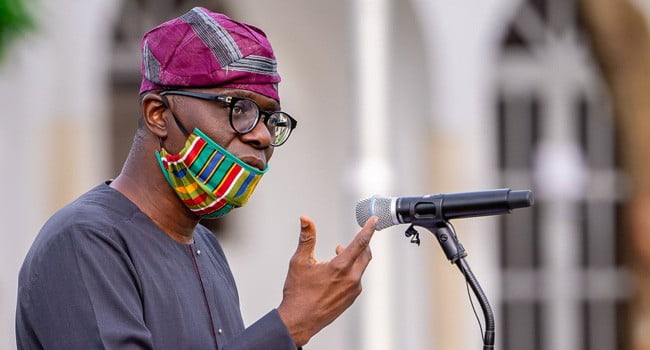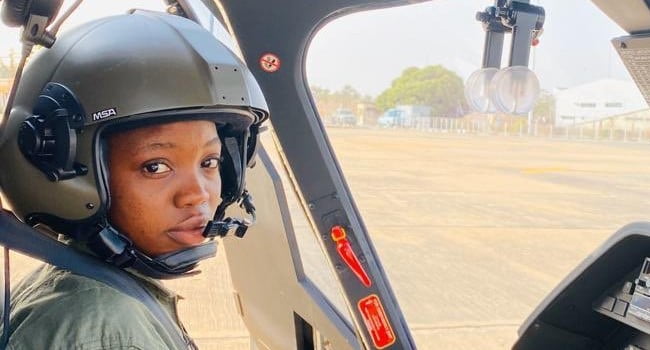Two days before Iran’s presidential election, which is expected to be won by ultraconservative cleric Ebrahim Raisi
Ultraconservative lawmaker Alireza Zakani withdrew in the morning, hours after reformist Mohsen Mehralizadeh had also thrown in the towel ahead of Friday’s vote, Iranian media reported.
In the afternoon another ultraconservative, Saeed Jalili, also pulled out. “A significant part of society has favoured my dear brother” Raisi, Jalili said, and urged his backers to vote for the cleric.
That leaves four hopefuls in the race, out of whom the ultraconservative judiciary chief Raisi, 60, is seen as the clear favourite after other prominent politicians were barred from running.
Last-minute withdrawals by candidates, often in return for government postings from the eventual winner, are not uncommon in Iran.
Zakani, 55, was quoted as saying of Raisi to a state television reporter: “I believe him to be qualified and will vote for him, and I hope that fundamental reforms take place in the country with him being elected.”
Hours earlier, the former vice president Mehralizadeh, 64, had also pulled out, the IRNA and ISNA news agencies reported without giving a reason.
Mehralizadeh had been one of only two reformists permitted to run to replace President Hassan Rouhani, who has served the maximum two consecutive terms.
Mehralizadeh had been the only candidate to score less than one percent in pre-election voting intentions, according to the ISPA polling institute.
His departure leaves just one candidate who is considered a reformist in the race, former central bank chief Abdolnasser Hemmati, 66.

Three of the seven men who had been approved to enter the lacklustre race pulled out, further solidifying the position of Raisi, 60, in a vote where turnout is predicted to hit a record low. (Photo by ATTA KENARE / AFP)
The front-runner Raisi, who wears a black turban and religious coat, is seen as close to the supreme leader, Ayatollah Ali Khamenei.
The election comes as Tehran is in talks with world powers aimed at saving a landmark 2015 nuclear deal, and against a backdrop of popular discontent about a severe economic and social crisis in the sanctions-hit country.
According to the few polls available, voter abstention could exceed the 57 percent recorded in parliamentary elections last year.


